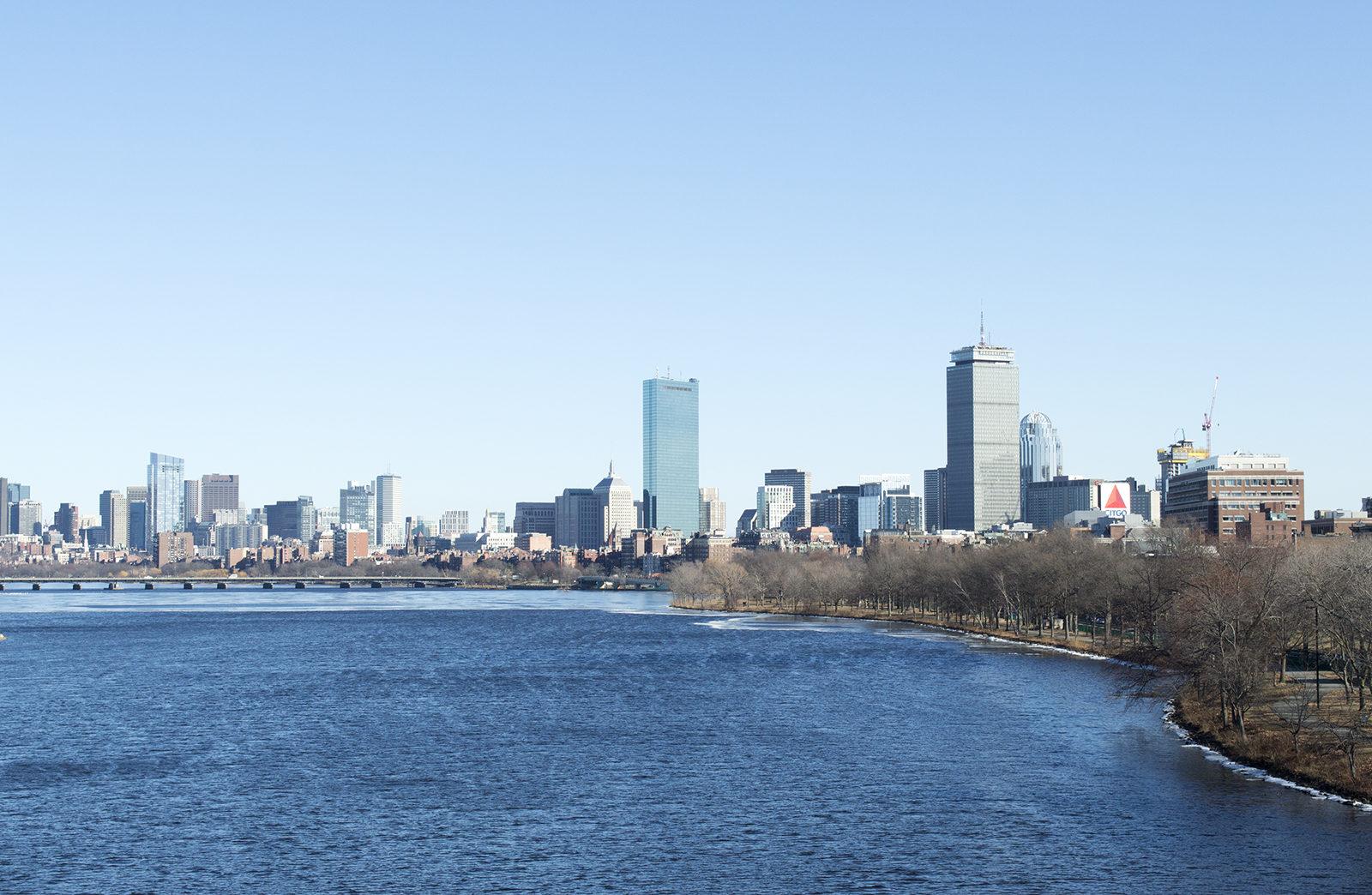Tourists from Massachusetts were ranked as the 7th most grumpy travelers in the nation — an analysis based on hotel ratings left by over 878,000 travelers all over the country.
The study, performed by RewardExpert, looked at three metrics: the number of one and two-star reviews relative to the population, the number of those same star ratings as a proportion of all the reviews from a particular state, and the overall rating for all reviews by users from a specific state.
Massachusetts saw the second-worst numbers of proportional one and two-star reviews with 1,362 grumpy evaluations – 620 worse than expected based on the size of the population.
The District of Columbia was ranked number one in the country in overall grumpiness – followed by Colorado, Oregon and California. Louisiana was classified as the state with the happiest travelers in the nation.
Rowan Tepper, senior analyst for RewardExpert, wrote in an email that though characteristics like grumpiness are hard to measure, the sheer size of the analysis should give readers confidence in its reliability.
“The data can only be as accurate as our initial assumptions and methodology are correct, and accuracy increases with the size of the data set,” Tepper wrote. “It’s safe to assume that someone who rates an establishment as one or two on a scale of one to five is grumpy, or at least disgruntled.”
Tepper wrote that reports like this one are trendy because they are relatable.
“Who hasn’t encountered grumpy tourists, or been one?” Tepper wrote in the email. “And who doesn’t generalize, and detect patterns? These reports are popular, at least in part, because they validate or challenge these generalizations on the basis of hard numbers.”
The data analysts at RewardExpert looked at a 1.3 GB collection of Trip Advisor reviews and then processed this raw data into the form of a spreadsheet before calculating the statistics, Tepper said.
Phoebe Knopf, 62, of Allston, said based on her interactions with New Englanders, the analysis seems accurate.
“There’s kind of like a grumpy feel to the place,” Knopf said. “Especially if you’re from the West or even the Midwest where people are a lot more immediately friendly on the streets and often say ‘thank you’ and ‘please’ and genuinely ask how the other person is.”
Dan Ruben, the executive director of Boston Green Tourism, a group of hotel owners and vendors working toward a healthy and cost-effective hospitality sector throughout the city, said it just isn’t a part of Massachusetts culture to be overtly friendly to strangers.
“When I go to other cities, I find people on the street, bus drivers and taxi drivers, to be a lot friendlier than they are here and it catches me off guard,” Ruben said. “If you ask people in Boston for directions, they would be as helpful as [people] anywhere [else], but … they’re much less likely to make eye contact or smile at people that they don’t know.”
Ruben said although the report is fun to read, travelers shouldn’t take these statistics too seriously because an actual cultural change toward being less grumpy isn’t that realistic.
“I don’t think any kind of campaign is going to change our culture and with respect to our hospitality staff, I believe that they don’t need to change, I think that they’re already quite friendly and helpful,” Ruben said.
Bob Turner, 74, of Allston, said he doesn’t agree with the report because he believes Bostonians are welcoming and approachable.
“[I’ve] heard this for years about Bostonians and New Englanders in general just being cold and I haven’t found that [to be true] at all,” Turner said. “Cautious maybe is the better word. Like I said, they’re slow to warm up to you, but once they do, you’ve made a friend for life.”
Debra Irish, 56, of Brighton, said she believes the report is accurate in some areas and wrong in others.
“I find when you approach people they’re generally pretty nice,” Irish said. “I don’t think most people when you ask them for directions or you ask them for information they snap at you. I think it’s just we’re not all up in your face friendly.”
Naomi Shah contributed to the reporting of this article





















































































































